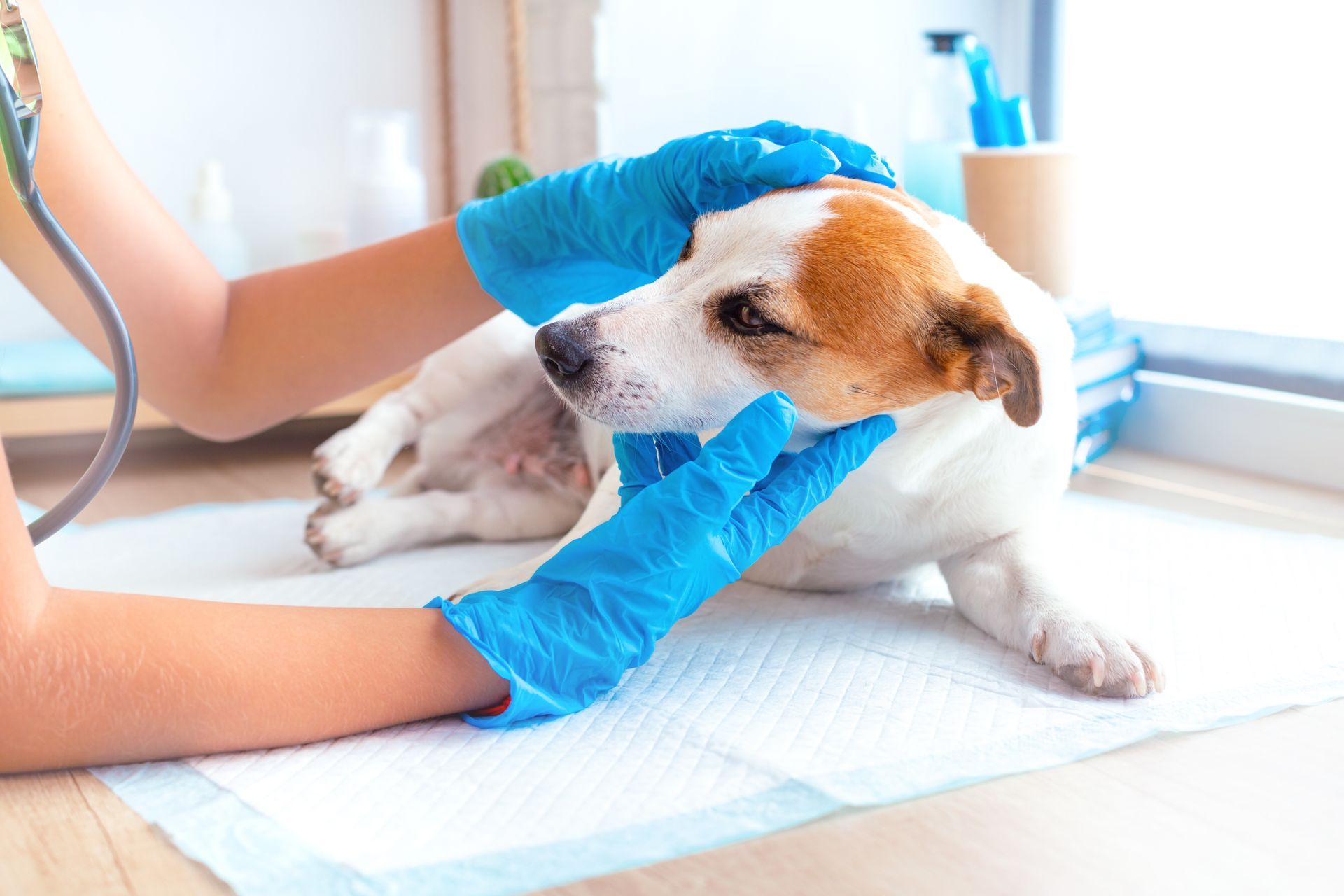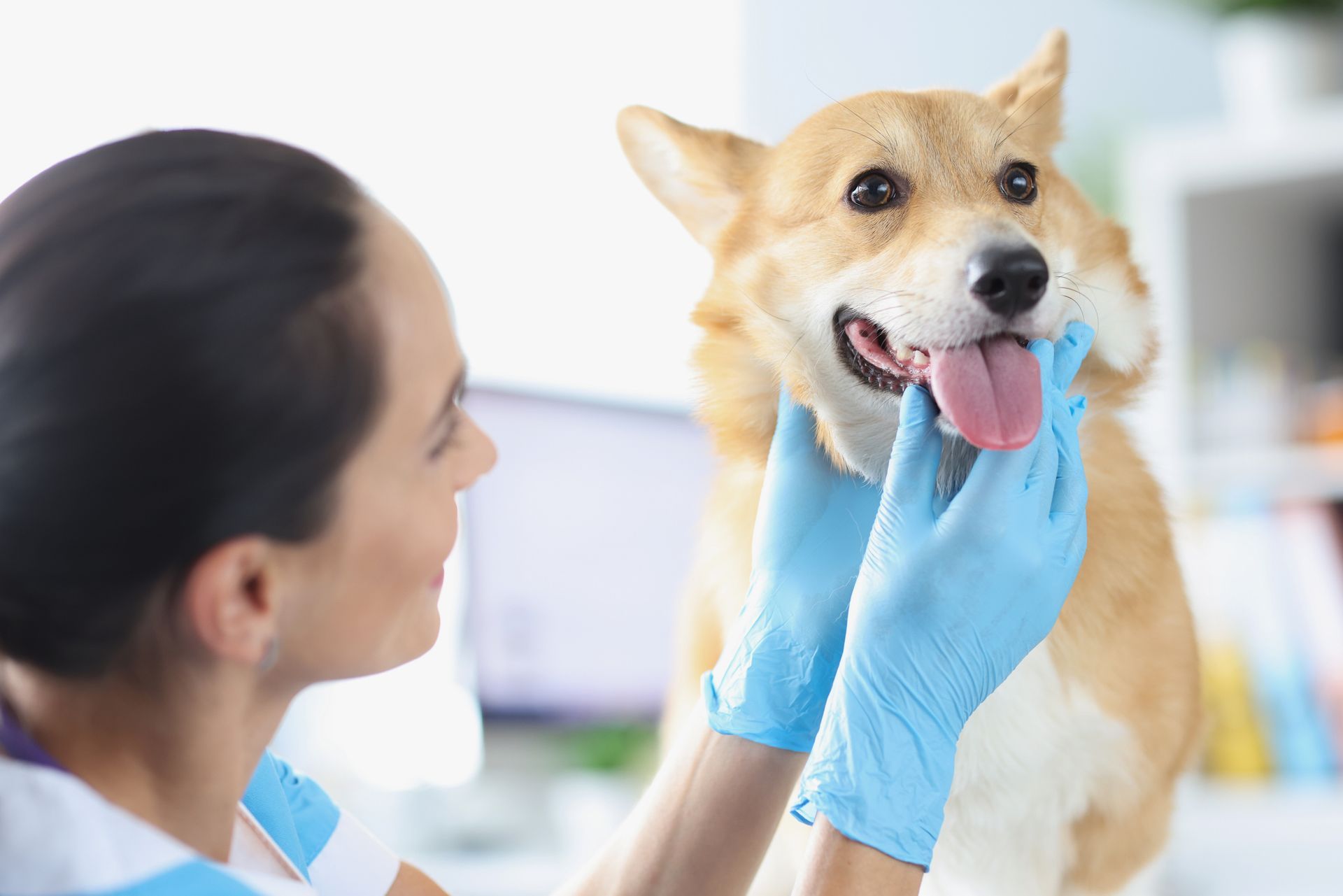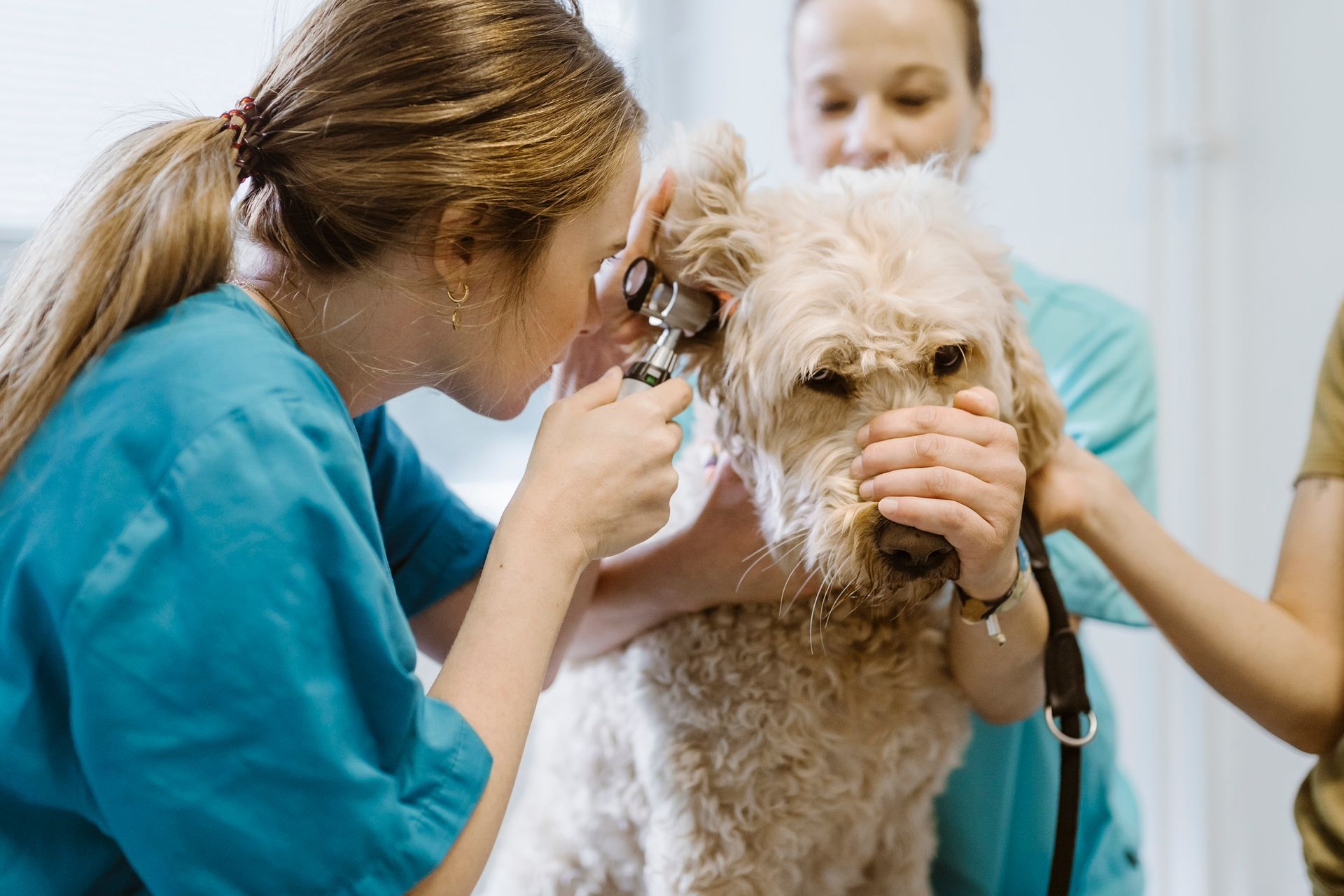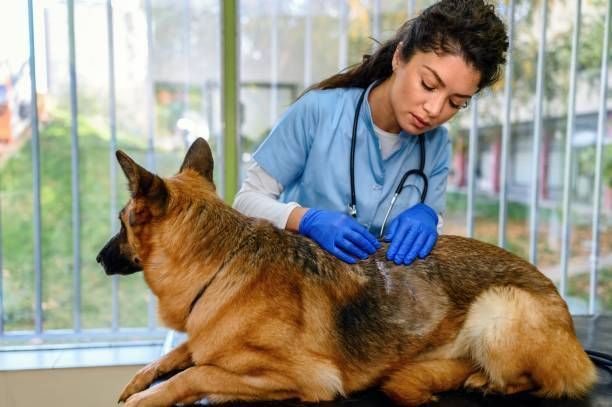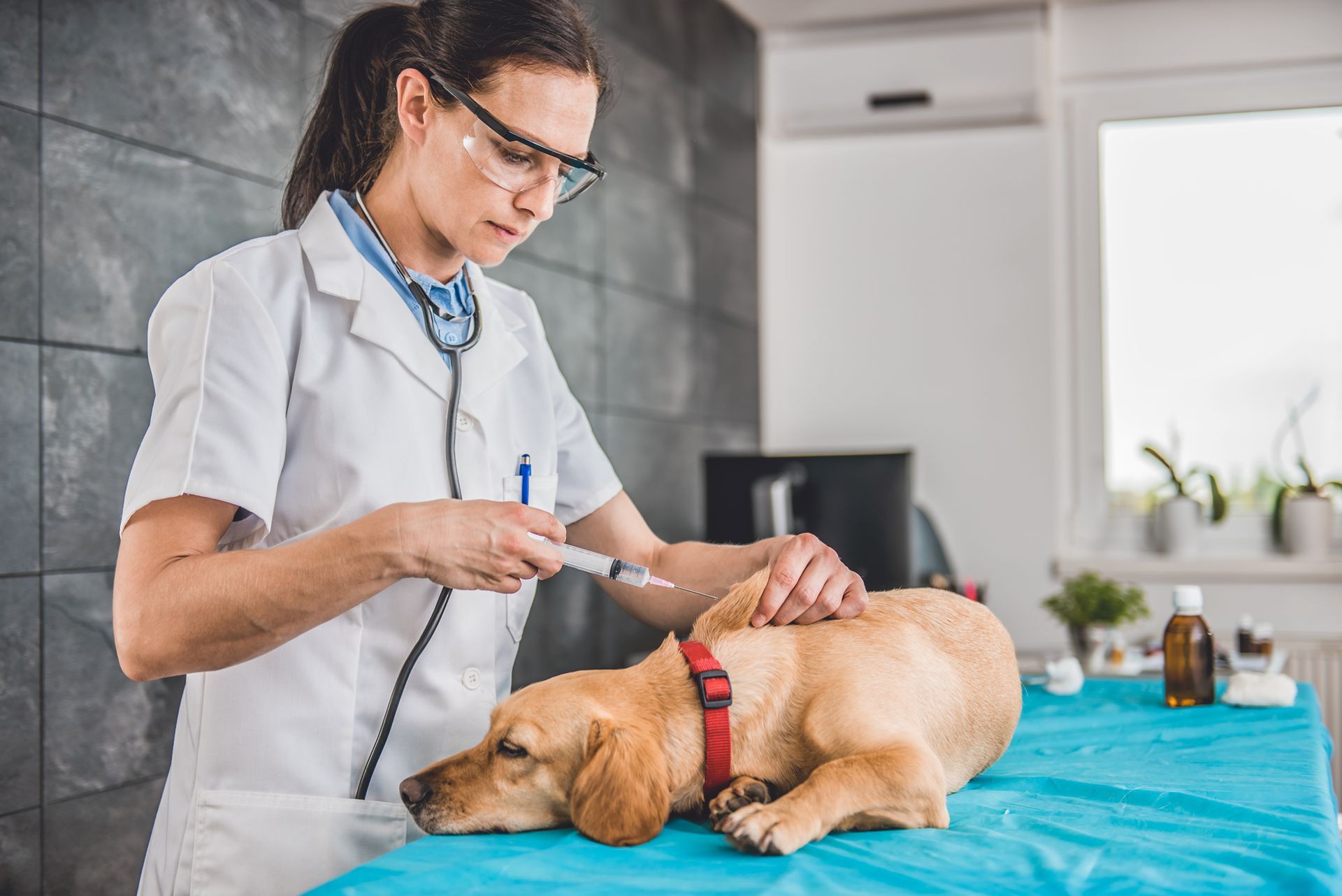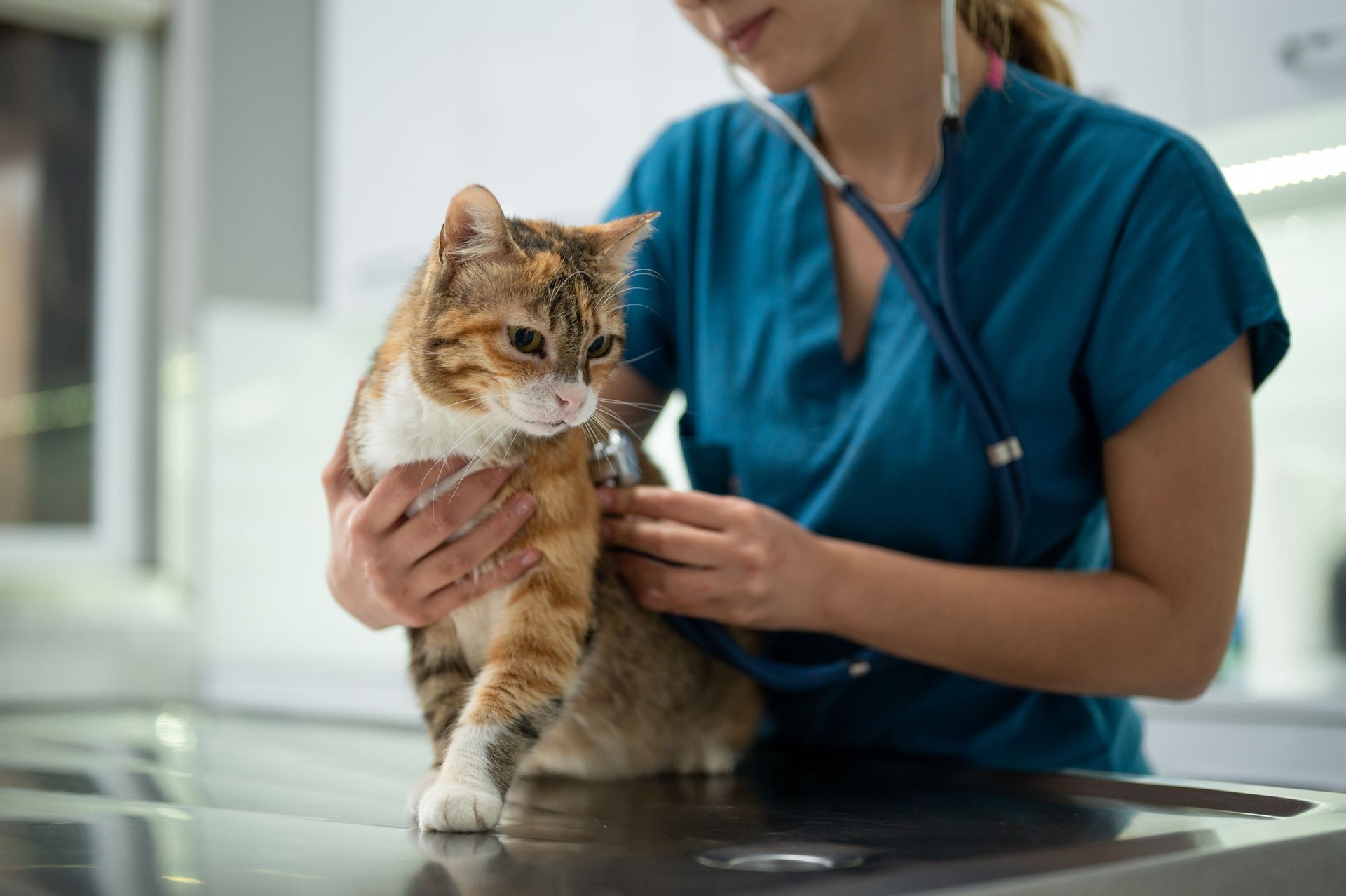Canine Seborrhea: What You Need to Know
If your dog has very flaky or very greasy skin and fur, then he or she may have canine seborrhea. Canine seborrhea, sometimes called doggy dandruff, is a very common skin disorder in dogs and is easily treatable. Although mild canine seborrhea is not a cause for concern, you should address the issue since it can cause secondary skin infections if left unchecked.
What Are the Symptoms?
Your dog may have dry, scaly skin. When you brush your dog or take him or her to a groomer, seborrhea can be quite apparent because brushing can cause flaky skin to slough off.
While some dogs may experience dry skin, other dogs with canine seborrhea may have greasy skin. Seborrhea causes your dog's skin to exude a waxy, smelly substance that is especially noticeable on ears, armpits, and stomachs.
Besides producing a foul odor, seborrhea can be uncomfortable to your dog. He or she may start losing clumps of hair. He or she could scratch excessively and inadvertently cause wounds that could get infected.
What Causes This Problem?
Numerous causes exist for canine seborrhea. Discover just a few to know about.
Your Dog's Genes
Every breed is predisposed to certain health issues. Breeds that are more likely to develop seborrhea are Spaniels, Dachshunds, Basset Hounds, German Shepherds, Dobermans, Golden Retrievers, and Labrador Retrievers.
Your Dog's Diet
Canine seborrhea can be caused by a poor diet. You should always feed your dog the right foods for his or her weight, breed, and nutritional needs. Your vet can recommend the right foods for your dog. Proteins, Vitamin A, and Omega-3 and -6 Fatty acids are essential nutrients that can help regulate your dog's production of sebum, a naturally occurring oil secreted by sebaceous glands in your dog's skin.
Your Dog's Environment
Your home or your yard may have allergens that affect your dog's skin. Some grooming products may even cause an allergic reaction that triggers seborrhea. Besides allergens, be aware of the air quality in your home. Dry air can cause flaky skin, so you may need to use a humidifier in your home.
Your Dog's Health
While canine seborrhea isn't a serious condition on its own, it can be indicative of other issues. For instance, seborrhea can be a side effect of bacterial infections, parasites, or fungal infections — like ringworm. Keep an eye out for not only dry and flaky skin, but other symptoms of health issues.
What Can You Do to Treat the Issue?
If your dog's seborrhea is from allergic reactions, talk with your vet about all-natural grooming products. Shampoos with honey and oatmeal can be great since they soothe the skin and help it retain moisture.
Keep in mind that bathing your dog too frequently can also cause seborrhea. While some breeds may need a bath every week or every two weeks, others may need a lot less.
Visit your vet to make sure that your dog's vaccines are up to date and to make sure that the seborrhea is not indicative of another issue, like parasites. Your vet can scrape a small piece of skin off your dog to look at under a microscope. Your vet can use these skin-scraping tests to check for parasites. Your vet can also perform bloodwork to rule out dietary deficiencies or disease.
Lastly, your vet can give your dog a medicated bath. These baths can remove allergens and ease itchiness and swelling so that your dog is not tempted to scratch and make his or her skin worse. Contact Baywood Animal Hospital for more information about canine seborrhea. We offer medicated baths, nutritional counseling, and checkups.


